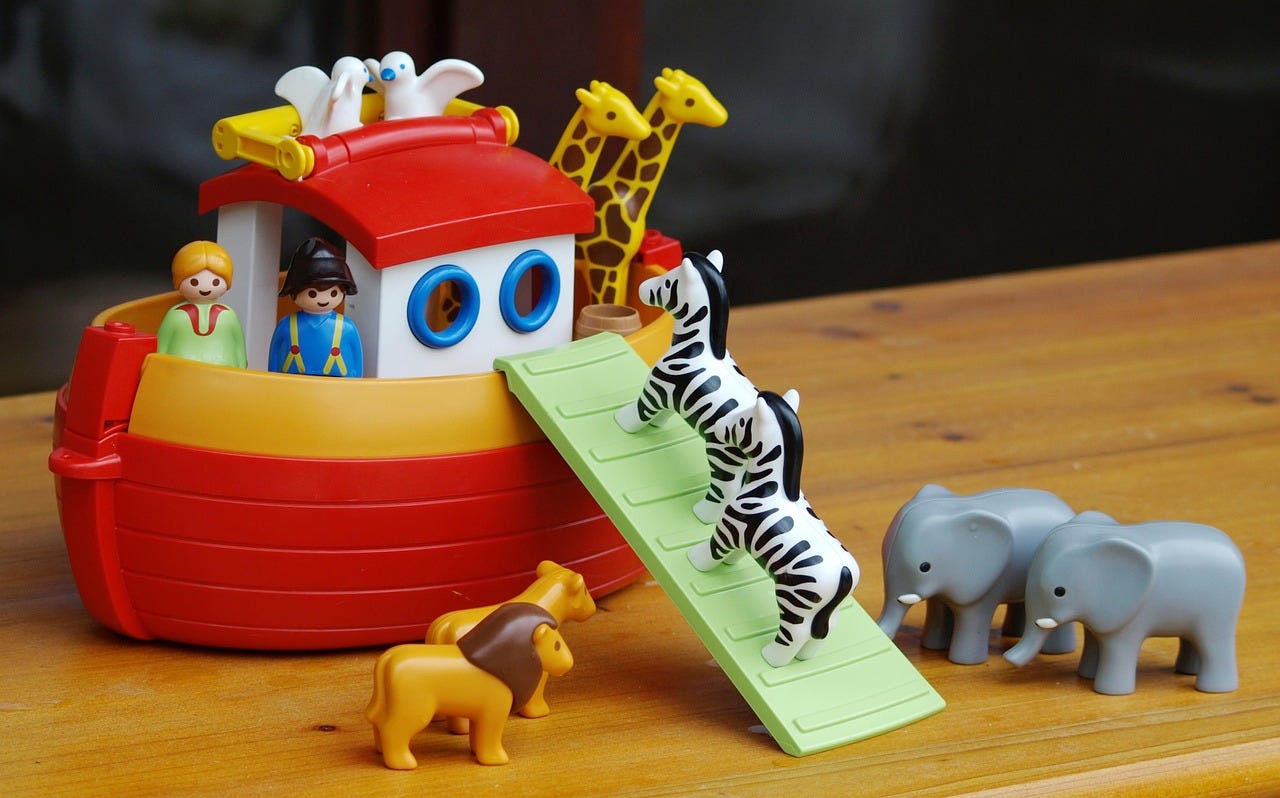“Pastor, I thought God loved everyone.”
Emma’s lower lips quivered as she asked. Her elementary Sunday School classmates looked at her surprised.
The pastor’s voice had been heavy to read the terrible judgment of God. “I will wipe from the face of the earth the human race I have created—and with them the animals, the birds, and the creatures that move along the ground—for I regret that I have made them.”[1]
The tears came then. “Even the kittens and pandas and cousins and grandmas?”
The unimaginably violent act of God hits a nerve with anyone reading the Genesis story. Modern believers, steeped in the love, mercy, and grace central to a New Testament faith, feel the same. Modern ethics likewise labels genocide, civilian deaths, and using weapons of mass destruction as criminal acts of moral depravity. Who is this God of regret and utter annihilation?
Answering the question can help us deepen our understanding of God and of living with positive ethics in today’s troubled world.
Honestly, the Bible is such a violent book it should have an “R” rating. Blood runs red from Noah, through the wars of conquest under David, to the crucifixion of Jesus, and ending with the Lamb-Warrior of Revelation.
Theologian Carolyn Blyth warns we must not sanitize the violence of the Biblical narrative. It should be confronted and wrestled with, not only in their context, but also as present realities of a world yet filled with war, genocide, rape, trafficking, oppression, and the legacy of millions who died in the 20th century. She and Professor Emily Colgan host the podcast Bloody Bible. Carolyn said in a recent podcast, “The fact that these stories are in the Bible… allow us to have hard conversations about hard things in our communities… about how we think about God and how we navigate that relationship between God and humanity and all of creation… we have to wrestle with them, and then [ask] what does that mean for us on the ground?”[2]
Let’s wrestle a bit with the tale of atrocity that sailed on the high seas.
Keep reading with a 7-day free trial
Subscribe to Signposts for the Journey to keep reading this post and get 7 days of free access to the full post archives.




